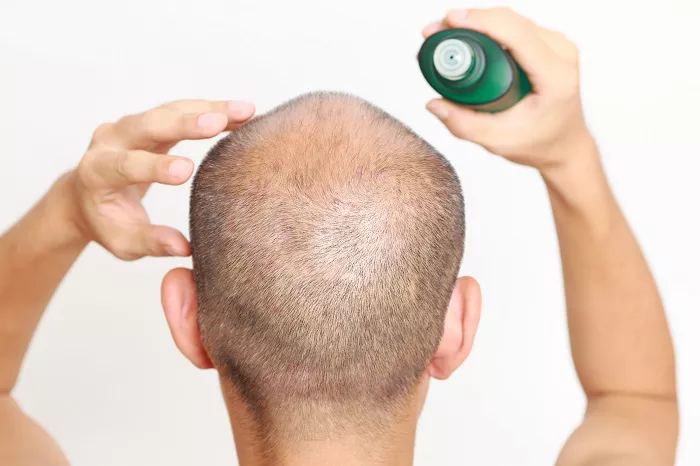Understanding the Causes of Hair Loss and How Shampoo Can Help
Genetic Hair Loss (Androgenetic Alopecia)
Hormonal Imbalances
Stress – Related Hair Loss
Nutritional Deficiencies
Types of Shampoos for Hair Loss
Anti – DHT Shampoos
Ketoconazole Shampoos: Ketoconazole is an antifungal agent that also has anti – androgenic properties. It can reduce the levels of DHT on the scalp. Regular use of ketoconazole shampoos can help slow down hair loss associated with androgenetic alopecia. These shampoos are available both over – the – counter and in prescription – strength versions. For example, Nizoral is a well – known ketoconazole shampoo that has been studied for its hair – loss – reducing effects.
Saw Palmetto Shampoos: Saw palmetto is a natural ingredient that inhibits the enzyme responsible for converting testosterone to DHT. Shampoos containing saw palmetto extract can be a good alternative for those who prefer natural products. They work by reducing the amount of DHT available to bind to hair follicle receptors, thereby helping to maintain the health of the follicles.
Strengthening and Nourishing Shampoos
Biotin – Rich Shampoos: Biotin is essential for healthy hair growth. Biotin – rich shampoos can help strengthen the hair shaft, making it less prone to breakage. They often contain other nutrients like vitamins and proteins that work in conjunction with biotin. These shampoos are suitable for people with brittle or weak hair due to nutritional deficiencies or other causes.
Protein – Based Shampoos: Hair is primarily made up of a protein called keratin. Protein – based shampoos contain hydrolyzed proteins that can penetrate the hair shaft and repair damaged areas. They are beneficial for those with damaged hair from heat styling, chemical treatments, or environmental factors. For example, shampoos with keratin proteins can help restore the hair’s structure and reduce breakage.
Scalp – Soothing Shampoos
Aloe Vera Shampoos: Aloe vera has anti – inflammatory properties and can soothe an irritated scalp. It is excellent for people with a dry, itchy, or sensitive scalp. Aloe vera shampoos can help improve the overall health of the scalp by reducing inflammation, which can sometimes be a contributing factor to hair loss.
Tea Tree Oil Shampoos: Tea tree oil has antifungal and antibacterial properties. It can help treat scalp conditions like dandruff and seborrheic dermatitis, which can cause hair loss if left untreated. Tea tree oil shampoos can cleanse the scalp, reduce itching, and create a healthy environment for hair growth.
Shampoos for Improved Circulation
Capsicum – Based Shampoos: Capsicum, or cayenne pepper extract, can increase blood flow to the scalp. Improved circulation means more nutrients can reach the hair follicles. These shampoos can give the scalp a warm sensation during use, indicating the increased blood flow. They are beneficial for those with poor scalp circulation, which may be due to factors like tight hairstyles or underlying health conditions.
Ginseng Shampoos: Ginseng is known for its ability to boost blood circulation. Ginseng – based shampoos can invigorate the scalp, providing essential nutrients to the hair follicles. They also have antioxidant properties that can protect the scalp from free – radical damage.
How to Choose the Right Shampoo for You
Consider Your Hair Type
If you have oily hair, look for shampoos that can control oil production while also addressing hair loss. These may include shampoos with ingredients like salicylic acid, which can exfoliate the scalp and remove excess sebum.
For dry hair, choose shampoos that are moisturizing and nourishing. Avoid shampoos with harsh detergents that can further dry out the hair. Ingredients like shea butter, argan oil, or glycerin can help hydrate the hair and scalp.
If you have normal hair, you have more flexibility in choosing a shampoo. However, still focus on the specific cause of your hair loss.
Identify the Underlying Cause of Hair Loss
Check for Allergies and Sensitivities
Read the ingredient list carefully. Some people may be allergic to certain plant extracts, fragrances, or chemicals in shampoos. If you have a history of allergies, it’s best to do a patch test before using a new shampoo. Avoid shampoos with common allergens like sulfates, parabens, and artificial fragrances if you have a sensitive scalp.
Conclusion
Related Topics:

